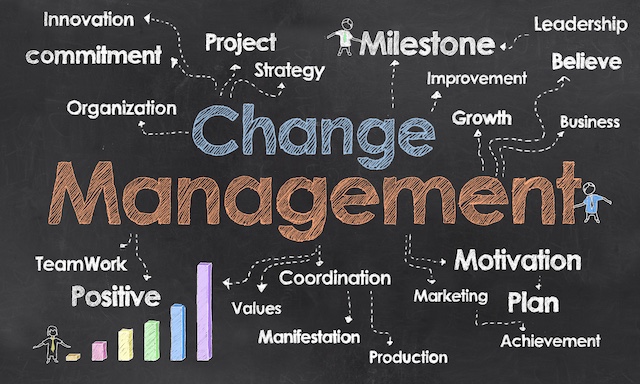What Is Maternity Leave?
The Vital Role of Maternity Leave in Modern Workplaces
Maternity leave is essential for fostering a supportive and effective work environment, as it significantly impacts both individual well-being and organizational success. For new mothers, this leave period is crucial for physical recovery from childbirth, allowing them to heal and regain strength without the pressures of work. Additionally, it provides valuable time for bonding with their newborns, which is vital for the child’s emotional and developmental growth. Beyond personal benefits, maternity leave supports mental health by reducing stress and facilitating a smoother transition into parenthood. It also helps in achieving a balanced work-life integration, which can lead to higher job satisfaction and long-term productivity. Moreover, robust maternity leave policies demonstrate a commitment to gender equality and family support, enhancing the company’s reputation and attracting top talent. In summary, maternity leave is a cornerstone of employee welfare and organizational efficiency, underscoring its critical importance in contemporary work practices.




